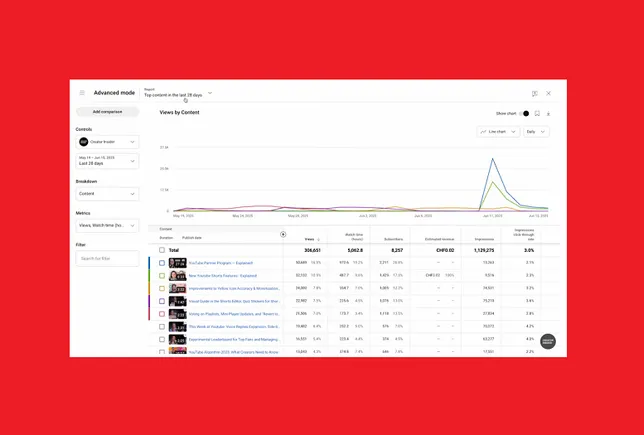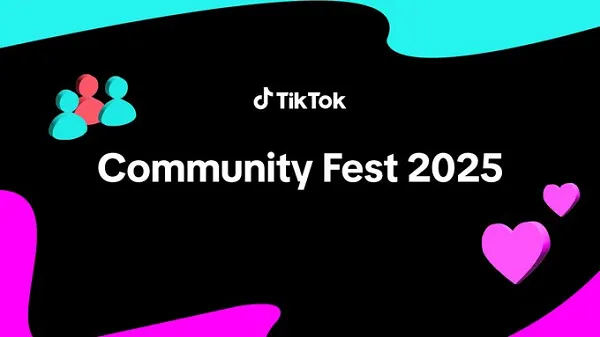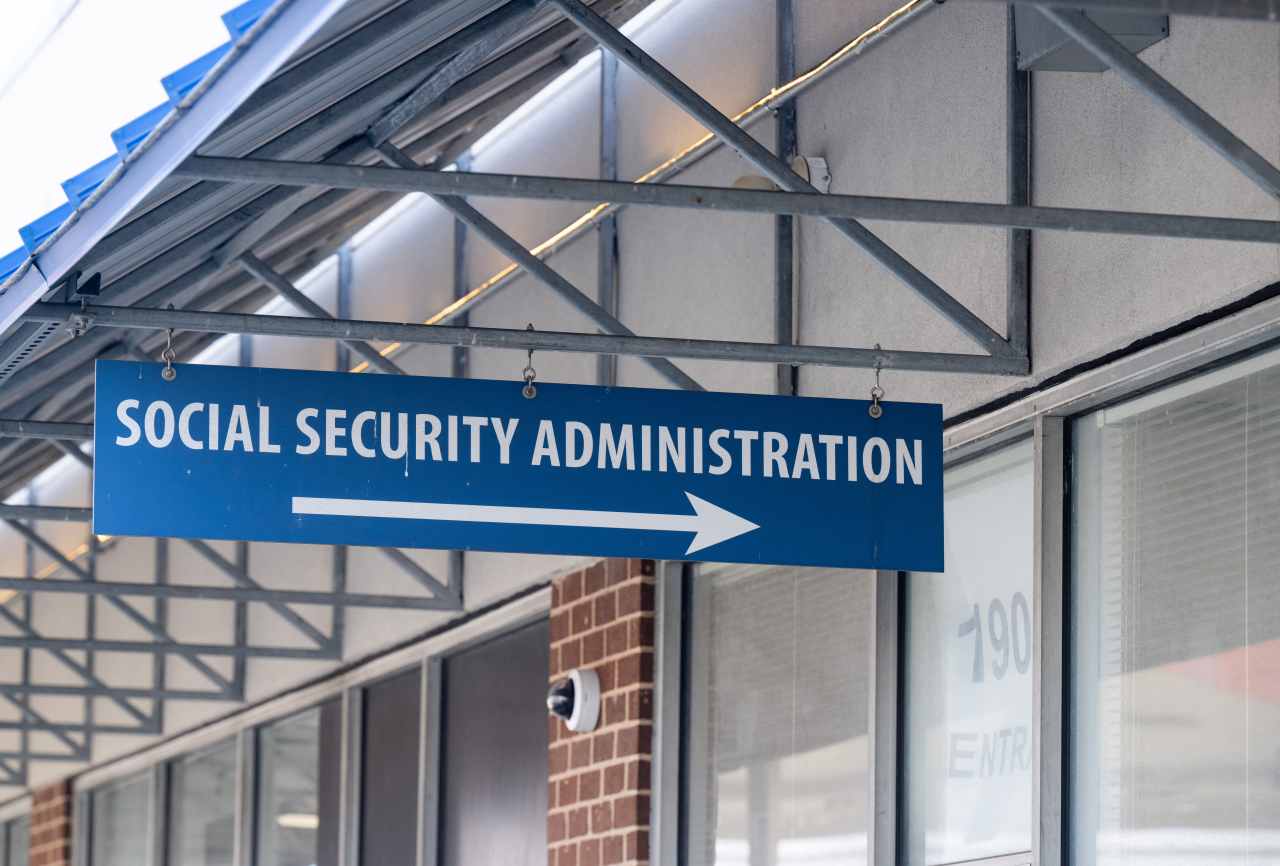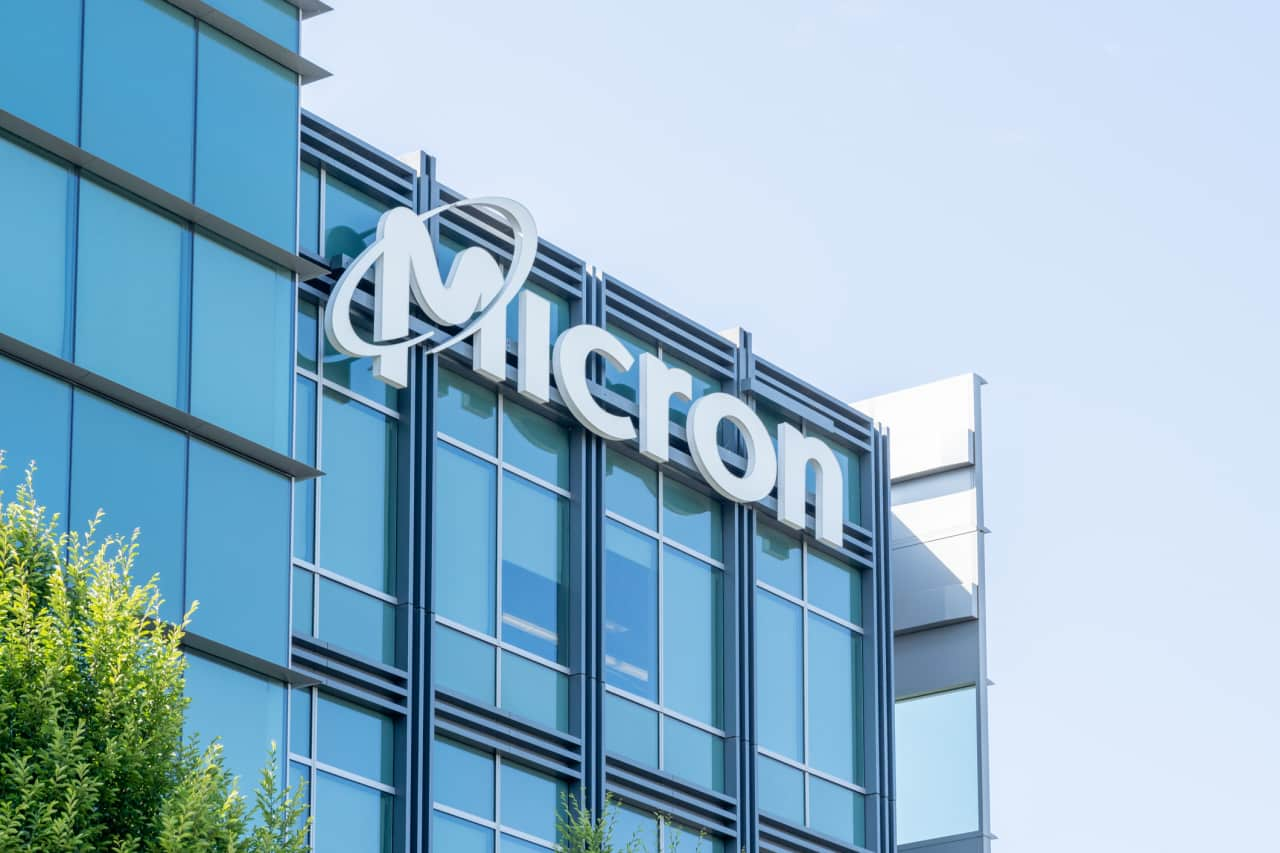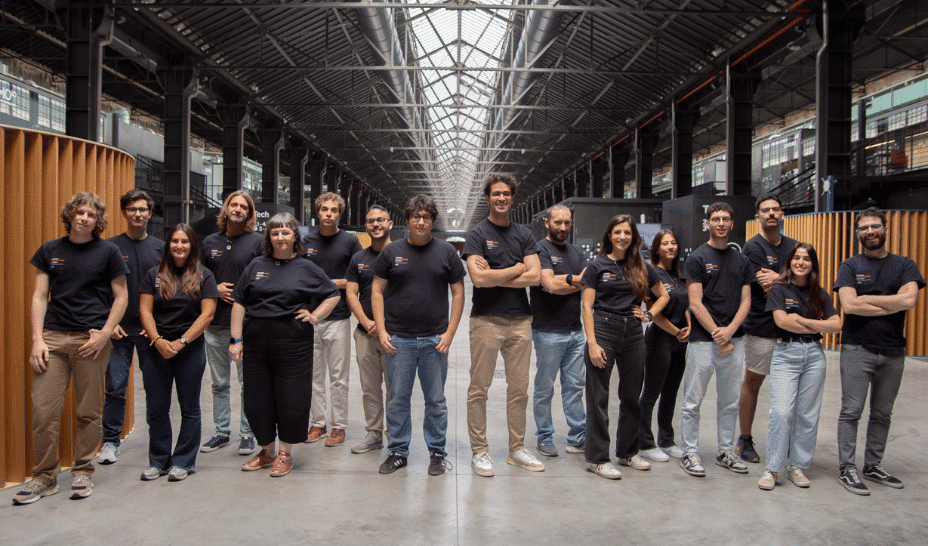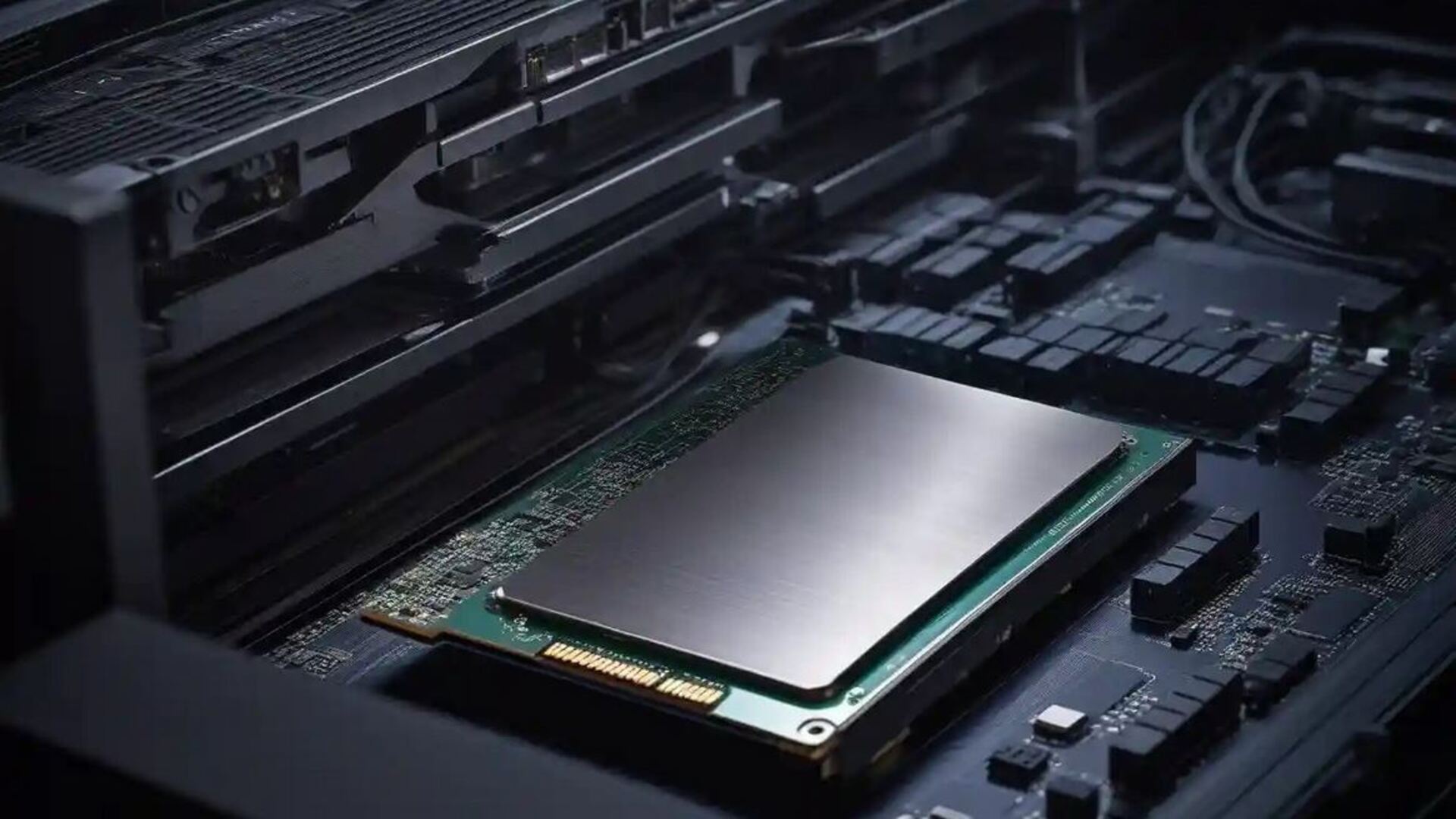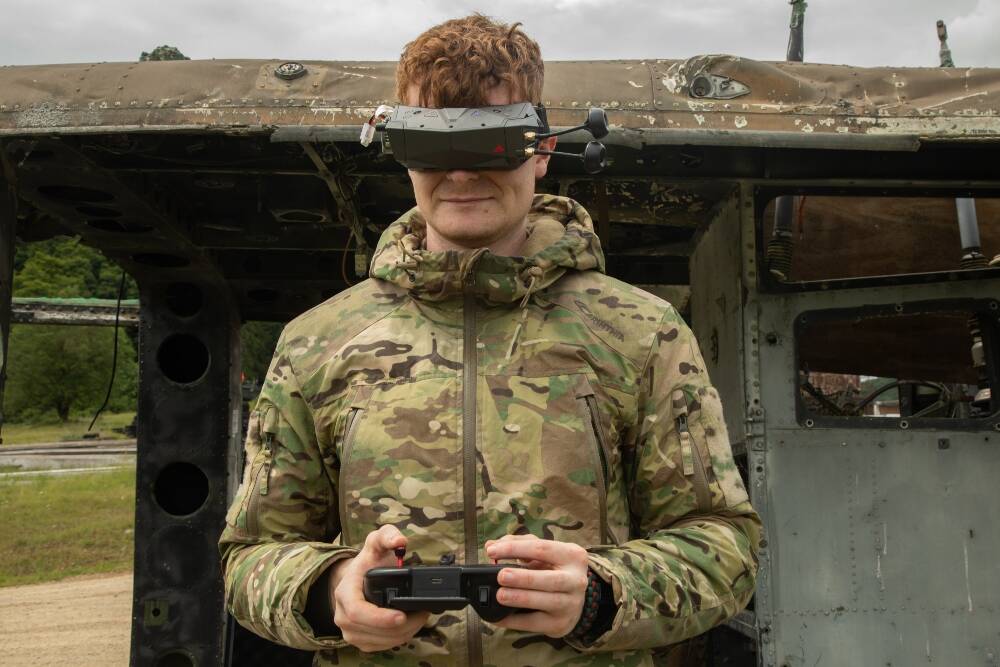Seattle to deploy AI to speed up housing and small business permit process
Seattle Mayor Bruce Harrell issued an executive order on Monday intended to speed the permitting process for housing and small businesses in the city — and artificial intelligence will play a part in aiding permit applicants and city staff who review it all. The Permitting and Customer Trust (PACT) Team is a new citywide initiative aimed at addressing Seattle’s housing shortage and affordability crisis by cutting red tape, reducing delays, and delivering clear, consistent guidance. PACT also addresses the “high startup costs, long timelines, and unclear requirements that can hinder small business growth,” according to the order. The mayor’s office says… Read More


Seattle Mayor Bruce Harrell issued an executive order on Monday intended to speed the permitting process for housing and small businesses in the city — and artificial intelligence will play a part in aiding permit applicants and city staff who review it all.
The Permitting and Customer Trust (PACT) Team is a new citywide initiative aimed at addressing Seattle’s housing shortage and affordability crisis by cutting red tape, reducing delays, and delivering clear, consistent guidance. PACT also addresses the “high startup costs, long timelines, and unclear requirements that can hinder small business growth,” according to the order.
The mayor’s office says the AI pilot program, which falls under the city’s Responsible Artificial Intelligence policy, could cut housing review cycles by 50% or more.
Seattle’s Innovation and Performance team is partnering with the Seattle Department of Construction & Inspections and Seattle IT. A pilot AI program began in April, and public roll-out of the technology is expected in 2026.
According to Harrell’s order, AI is expected to improve the permitting process in several ways:
- Identifying unclear processes or overly complex regulations for future simplification.
- Pre-screening applications for completeness and compliance, helping applicants fix issues before formal review.
- Reducing back-and-forth between applicants and reviewers by resolving common errors early.
- Assisting in onboarding new reviewers with AI-guided training on frequently misunderstood rules.
The city is working with Boston- and Chicago-based CivCheck, which was founded in 2023 and is currently working with about 10 jurisdictions across North America.
“The way that it works is the applicant has the ability to go into CivCheck, upload their plans, and then essentially work with the AI to improve the quality of their permit documents,” said Dheekshita Kumar, co-founder and CEO of the company.
The tool flags missing information, code-compliance issues, and anything else that’s relevant for a particular project scope, so the applicant can resolve those issues up front before they submit to the city.
“The idea is that the applicant is able to essentially hand the city a permit-ready application in the very first submission,” Kumar added.
In a Department of Construction & Inspections job posting for a PACT manager, SDCI says it reviews land use and construction-related permits, “annually approving more than 53,000 permits and performing approximately 240,000 on-site inspections.”
“Over the last decade, we have seen the days to issue a permit pretty much triple,” said Leah Trivoli, director of Innovation and Performance with the city. “Clarity of requirements, code and regulation complexity, and navigating the city services and processes were really the top three issues.”
The mayor’s office cited a 2023 Seattle City Auditor report that identified deficiencies in the city’s permitting processes, with a survey finding that the majority of applicants struggled to identify the appropriate point of contact for assistance.
“Permitting should be a pathway — not a barrier — to building homes, starting businesses, and investing in our city’s future,” Harrell said in a statement. “With this executive order, we’re improving how the city does business and ensuring residents get clear answers and timely support, so they can turn their plans into reality more quickly and help our communities grow and thrive.”
Seattle joins other state and city governments that are increasingly turning to AI to automate some permitting processes and improve wait times.
Los Angeles and Austin, Texas, are using Australia-based Archistar to help expedite permit reviews. Computer vision, machine learning and automated rulesets can instantly check designs against local zoning and building codes, according to Industry Dive.
The city of Honolulu is using CivCheck’s AI to scan building plans and make sure they’re code-compliant, and it will use technology developed by Vancouver-based Clariti to further guide owners through the permitting process, according to Government Technology.
Kumar said a case study from the Honolulu pilot showed a 70% reduction in permit review times, from 60-90 minutes for a plan reviewer to get through an application to under 15 minutes.
The mayor’s office stressed that “AI will assist applicants and staff but will not replace human expertise.” And Trivoli said that she hopes AI will help balance how the city offers staff support.
“I think the tech is going to fix like 80% of the issues out there, and then there’s a 20% human-related need that we want to get more resources to do,” Trivoli said. “That’s the way I tend to think about the use of technology and fulfilling our mission as public servants.”
But the use of the tech does come as more tech companies signal how some types of AI are being prioritized.
Amazon CEO Andy Jassy said last week that the tech giant’s corporate workforce will shrink in the coming years as generative AI takes hold. His memo to employees comes amid growing fears that AI will replace white-collar jobs — including software engineering roles.
In addition to the AI pilot program, the PACT initiative is designed to feature clear and consistent permit reviews, inspection, and enforcement. The city will also enhance service quality across departments and communication methods, increasing support speed, consistency, accessibility, and transparency.
Harrell has made his “Downtown Activation Plan” a central part of his time in office, with the goal of helping the city’s urban core bounce back from the pandemic. The mayor’s order on Monday linked permitting inefficiencies to some of downtown’s struggles: “Persistently high commercial vacancy rates continue to affect both Seattle’s Downtown and neighborhood business districts, reducing foot traffic and weakening economic activity.”
PACT will help the city work with small businesses to streamline permitting, reducing barriers to storefront improvements and more.
Under Harrell’s order, the PACT Team must establish a process by the end of 2025 to ensure permits are issued after no more than two review cycles when basic safety and zoning standards are met, according to the mayor’s office.
Harrell was among those named to an Artificial Intelligence Safety and Security Board organized by the Department of Homeland Security last year.
“Seattle is a technology hub, and Mayor Harrell has embraced strategic, phased adoption of AI to help the city deliver on its goals,” said Kate Jacobs, a communications advisor in Harrell’s office.



